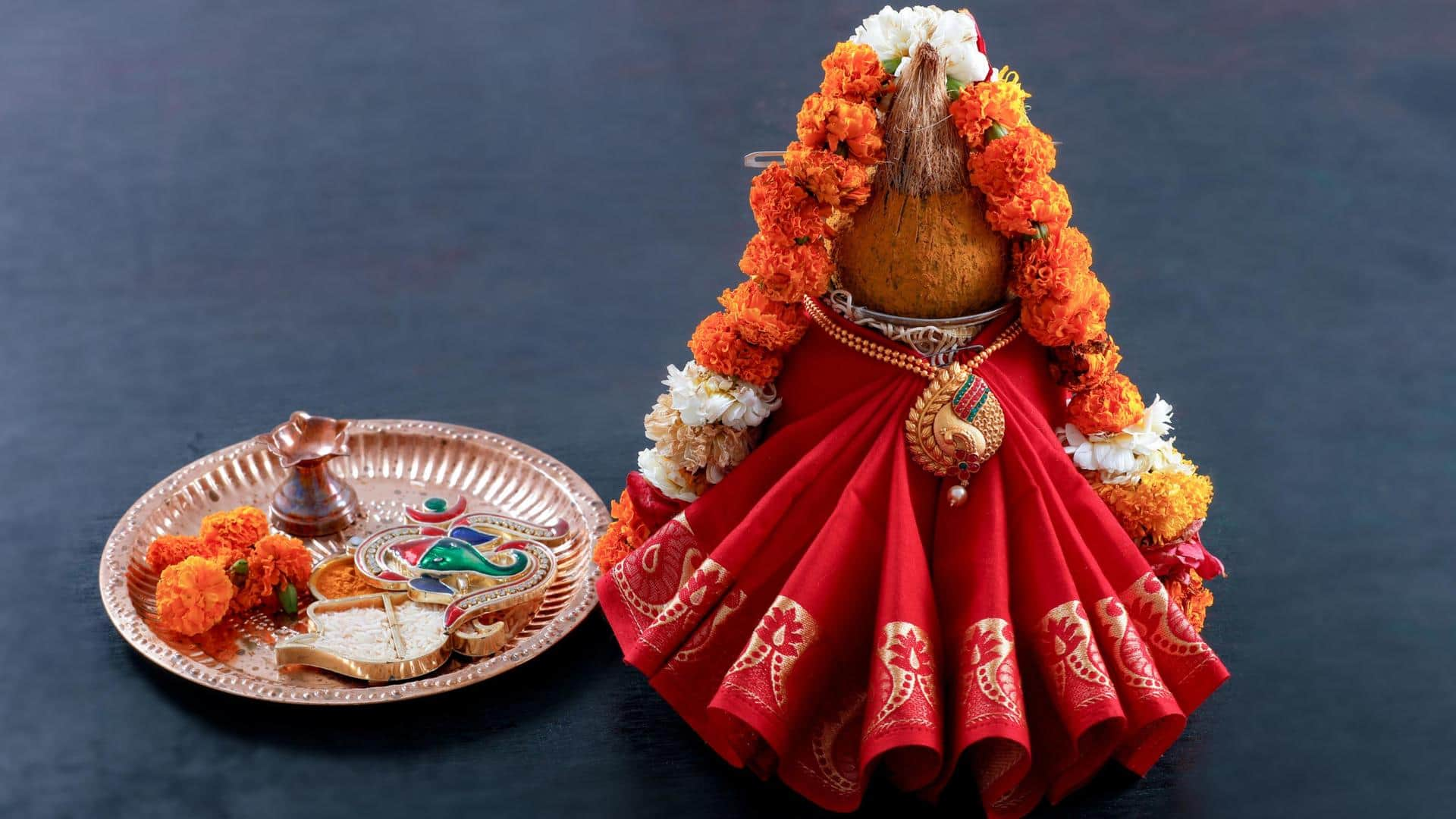
Baishakhi, Bihu, Vishu, and Puthandu: Why these harvest festivals matter
What's the story
Spring harvest festivals are a time of great celebration in India, where agriculture is a vital part of the economy and culture. These festivals mark the beginning of the harvest season and are known by different names in various regions. Baisakhi in Punjab, Bihu in Assam, Vishu in Kerala, and Puthandu in Tamil Nadu are some of them. Here's why these festivals are important.
Punjab
Baisakhi in Punjab and North India
Baisakhi marks the beginning of the Sikh New Year. The festival commemorates the formation of the Khalsa Panth of warriors under Guru Gobind Singh in 1699, which marked a significant moment in Sikh history. On this occasion, people prepare kadha prasad - a delicious offering made of sugar, wheat flour, and ghee. This year, Baisakhi is being celebrated on April 14.
Assam
Bohag Bihu in Assam
Bohag Bihu, also called Rongali Bihu, marks the Assamese New Year. The festival, which is being observed from April 14 to April 20 this year, has a rich history that dates back to around 3500 BC. According to mythology, the festival originated when an indigenous tribe in the northeastern part of the world offered sacrifices for a bountiful harvest.
Tamil Nadu
Puthandu in Tamil Nadu
Puthandu marks the start of the Tamil New Year and is celebrated on the first day of the Tamil month of Chithirai. This year, the festival falls on April 14. The celebrations for the day start by making colorful kolam designs at the entrance of houses. On the occasion, families prepare traditional Puthandu-special dishes like pongal and mango pachadi.
Kerala
Vishu in Kerala
Vishu marks the beginning of the Malayalam New Year and falls on April 15. People start their day by looking at Vishu Kani, which is set up a day before the festival by the eldest member of the family. The Vishu Kani is a ceremonial placing of auspicious things like rice, flowers, coins, lemon, and dhoti among other things in a vessel called Uruli.
West Bengal
Pohela Baisakh
Pohela Baisakh, the Bengali New Year, falls on April 15 this year. It is an important festival for the Bengali community, celebrated with enthusiasm and joy. People spend the day with their loved ones, visiting temples, and preparing special dishes at home. The festival is a time for new beginnings, and many people also take this opportunity to make resolutions for the year ahead.